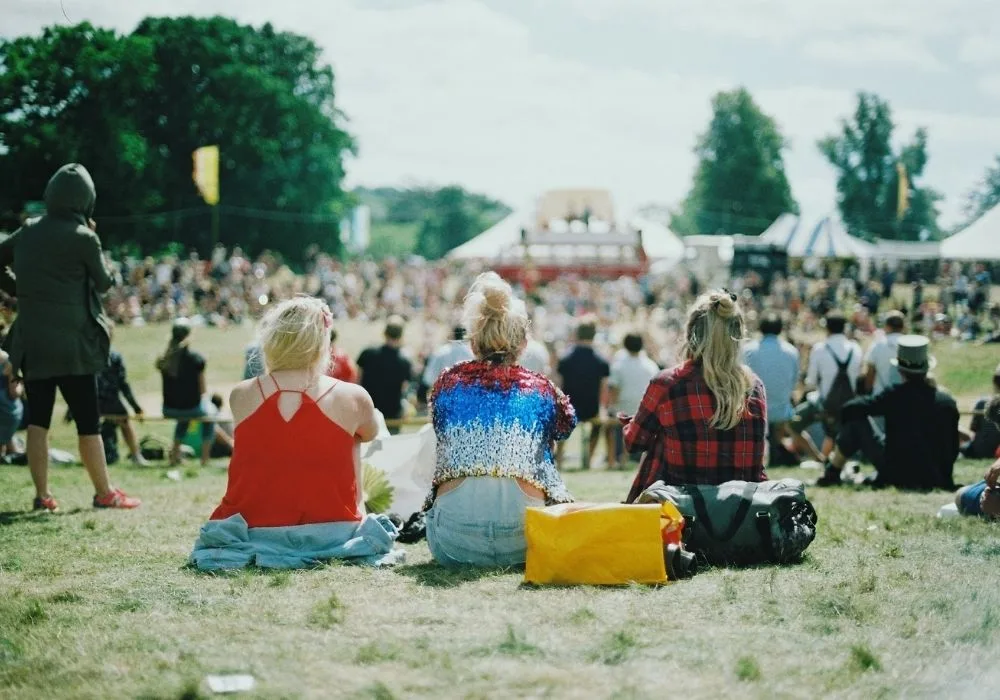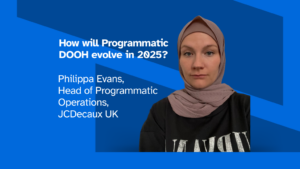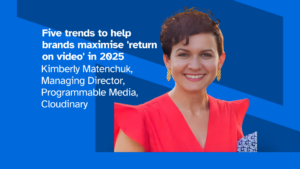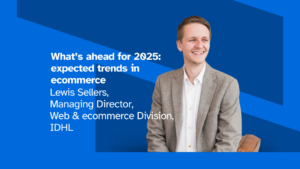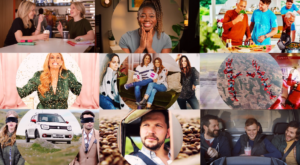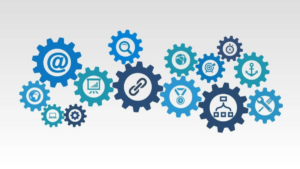By Luke D’Arcy, UK President, at Momentum Worldwide
Every person and every business can make gains from taking a reset, no question. As we head towards pilot events taking place across the UK, and Covid passports looking likely to become part of our lives, it’s time to reflect and reset experiential marketing.
We can take a page out of Glastonbury festival’s approach. Our Glasto shaped hole is being filled this year by an online extravaganza showing how a renowned physical event is further embracing digital but Michael Eavis normally makes a point of literally letting the grass grow on the famous field during the fallow year. This break provides nature a chance to rest and return stronger to host the thousands of festival goers.
Obviously, the field has had more unplanned rest than usual due to the pandemic but this space and time is exactly what has happened to physical experiential marketing in the past year. It’s had the opportunity to reset and think about the role it plays in people’s lives and overall business strategy. So, what have we learnt and how can we use this knowledge to better engage with consumers like never before?
Now more than ever, events and experiences have a sense of responsibility to provide what people have been craving. Never can we return to the old way of executing events. People have been starved of things they love and experiences must now live up to the expectations that have been building throughout the pandemic and the lockdowns. The elements people have missed must be addressed and implemented by brands to ensure we fulfil high expectations.
Give the people want they want
There are people eager to return to live in-person experiences as it provides a sense of normality creeping back to their everyday lives from before the world changed. Just recently Live Nation sold 170,000 tickets for 2021 summer festivals within three days so it’s clear the desire is there. Consumers are turning to brands for specific wants to be fulfilled though.
Our recent research showed that 86% of consumers believe it’s important that brands lift their mood and make them feel better, and another 83% believe it’s important for brands to take away stress or anxiety. It’s clear to see the role brands and experiences are going to play for consumers. So, it’s up to the industry to listen with open ears and respond accordingly. The need for escapism is at an all-time high and you can hear the people in the UK chomping at the bit to experience life once again amongst their family, friends and fellow fans.
With demand so high, brands have the chance to engage with a captive audience through experiences. 80% of people agree the best way for brands to form an emotional connection with consumers is to create immersive experiences that allow them to live and breathe the brand like American Express has done. The brand enhances their customer’s experience through offering experiences at partnered events such as BFI London Film Festival.
Its card members were granted exclusive access to the festival, the opportunity to walk the red carpet at gala events and attend a pre-screening drinks reception at Radisson Blu Leicester Square (someday soon these things will return!). Consumers are totally immersed in the experience with nothing left but memories that will resonate with them forever.
Be aware of individuals requirements
It’s all well and good thinking the whole of the UK is going to be running around like a scavenger hunt on 21st June (I’m not denying there will be scenes of large crowds and packed bars) but there will still be sections of society who are nervous to venture back out into the community straight away. This has a massive impact on what experiences those people want as they may return at a slower pace but still crave and need escapism. This again is where the sector has the opportunity to reset. In a way like we have never had to before, experiences must consider the difference in people’s confidence to be in groups, crowds, indoors and outdoors.
To cater for those who are adjusting slowly, we have the opportunity to be creative and utilise digital experiences as an important channel during this divided period. We’ve seen during the pandemic the uptake of technology from everyone, from younger to older generations to remain entertained and connected so we know digital experiences are here to stay long after Covid. New types of experience have led broadcast channels to be created, providing brands maximum engagement across digital and physical environments. It will be fascinating to see how the much-delayed Euro 2020 or this year’s British and Irish Lions reinvent themselves to show up in the new hybrid world.
It’s no longer an either or, the future of blended reality will see digital and physical working together in new and innovative ways, making each aspect better, brighter and more fulfilling. If 86% of people are interested in attending blended experiences, we have a captive audience to delight. Now is the time to understand the nuances of people’s needs. To be an experiential psychologist as well as a producer as we help shape more empathic, tailored experiences both physically and digitally.
Of course, we would prefer the reasoning for this reset to have never of happened but we must push on and focus on the positives. We have a unique opportunity to have a fresh outlook. We have been given time, tools and a newly educated audience who are open for new blended experiences like we’ve never seen before. We must never lose sight of the impact we can have to help those take a break from real life, especially in the upcoming year as we all, at our own pace, step out to experience the world again.


